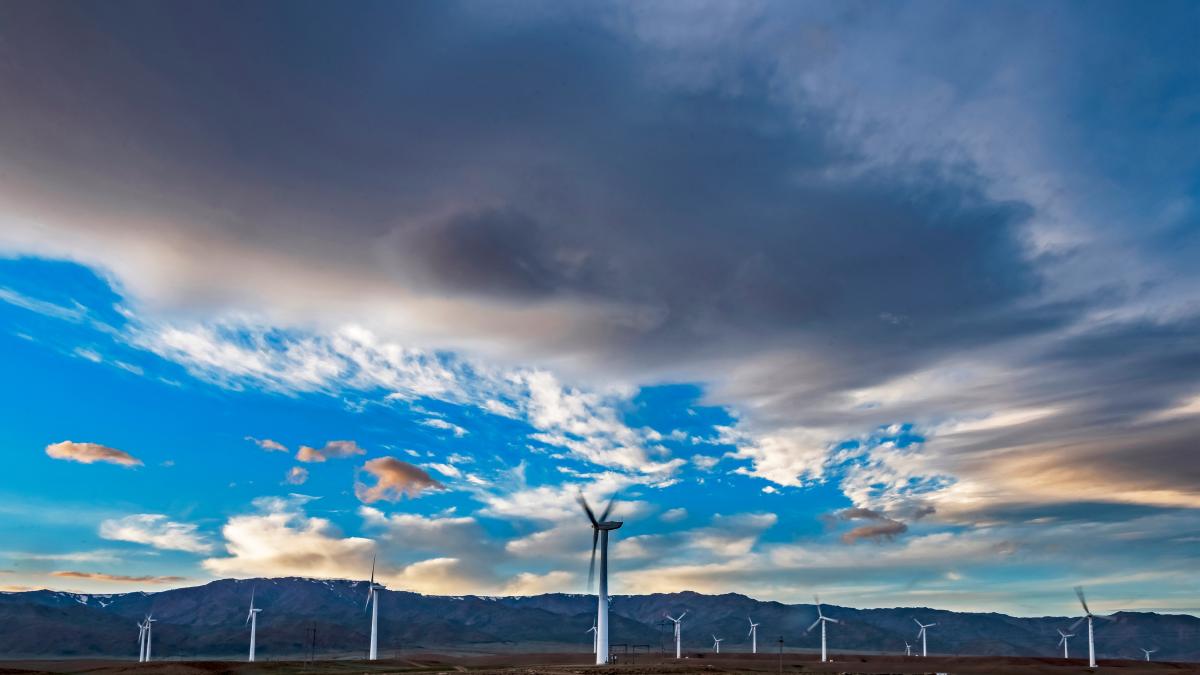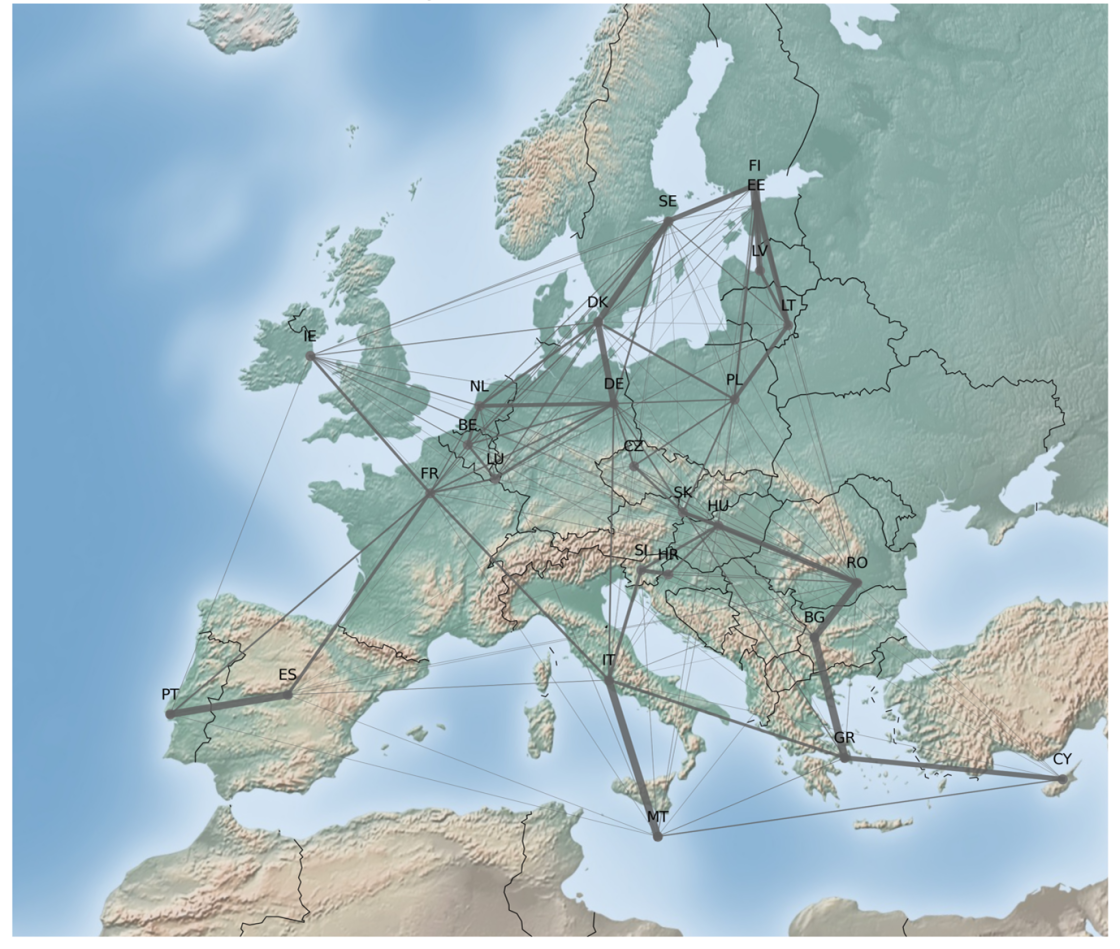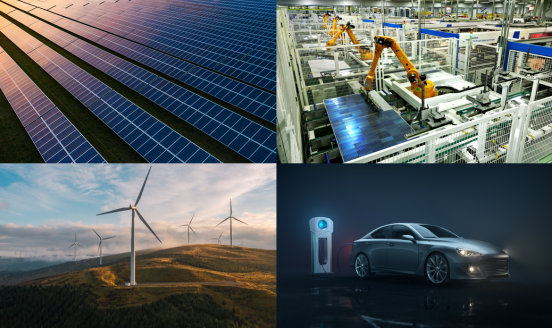Beyond the numbers of EU national energy and climate plans
The authors conduct a simple relative frequency analysis for a series of words mentioned in the NECPs to identify interesting policy insights within

To ensure compliance with ambitious European Union energy and climate targets, countries must periodically submit National Energy and Climate Plans (NECPs) to the European Commission. These plans outline how each country intends to achieve the 2030 decarbonisation targets for renewables and energy efficiency.
The first round of NECPs were submitted in 2019 and a second round in 2023/2024. Thus, plans now exist for all countries at two different periods in time. This is a remarkable source of information for those interested in European energy policy, comparable across both countries and time.
However, analysis of NECPs is limited by the length the documents, which each run into hundreds of pages (Ember has published a comprehensive tracker of electricity sector impacts while the Commission is required to perform an assessment – but this is understandably tailored toward EU-level general insights).
Ongoing and rapid advances in natural language processing should ease the burden of analysing the documents by enabling the development of tools to highlight progressively deeper insights. We conducted a simple relative frequency analysis for a series of words mentioned in the NECPs to indicate whether interesting insights lie within.
Figure 1 shows the average number of mentions of different words across all countries for the 2019 and 2023 submissions. The frequency of the word ‘hydrogen’ has increased almost five-fold in only five years, which is in line with the increased policy attention that the area is receiving. Meanwhile, mentions of the words ‘oil’, ‘coal’ and especially ‘natural gas’ have declined, which is in line with decarbonisation efforts and the approximately 20% drop in European demand for natural gas since 2019.
Focusing only on the 2023 submissions, Figure 2 plots the relative frequency with which the word ‘nuclear’ is mentioned. The role that nuclear may play in a future clean energy mix is a controversial policy area on which countries have very different perspectives. Countries such as France have high shares of nuclear in their electricity mixes and intend to add more. Meanwhile, another group of countries have completed nuclear phase-outs, including Germany and Austria, and mention nuclear little in their NECPs.
A further area of interest is the extent to which countries mention each other in these documents, which may offer an indication of awareness of policy spillover effects between countries, and collaborative efforts in areas such as electricity and natural gas trade. In particular, coordination in areas such as electricity market integration has substantial benefits for improving the resilience and cost-effective transition of the European energy system. We examine how many times every other EU country is mentioned in each of the NECPs.
Figure 3 plots these relative mentions, where the thicker the line, the more frequent the bi-directional mentions are (the thickness of the Spain-Portugal line is determined by the sum of mentions of Spain in Portuguese documents, and Portugal in Spanish documents). Strong bi-directional mentions are noted particularly between Baltic countries, between Sweden and Denmark, between Greece, Bulgaria, and Romania, and between Spain and Portugal. Weak connections are noted between France and all others, and between Germany and Poland.
Figure 3: How often do European countries mention each other in their 2023 NECPs?

Note: the figure shows the sum of mentions between countries in respective NECPs. Thick lines mean the two countries discuss each other a lot. Thin lines mean the two countries do not discuss each other much, and lines are not drawn below a minimum threshold. Austria is missing as they had not submitted their 2023 NECP at time of our analysis.
In sum, NECPs contain insights into country preferences and how they change over time. The number and length of these documents makes any manual effort to distill comparable positions a time-intensive process. The use of machine language processing can enable deeper research and future analysis might consider more sophisticated and robust techniques such as sentiment analysis.



